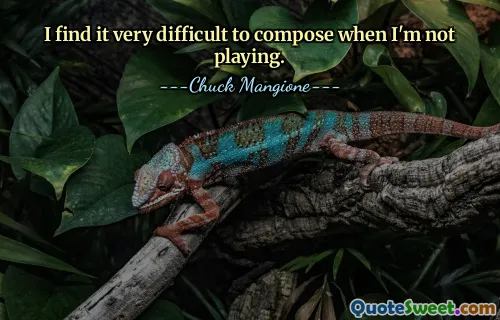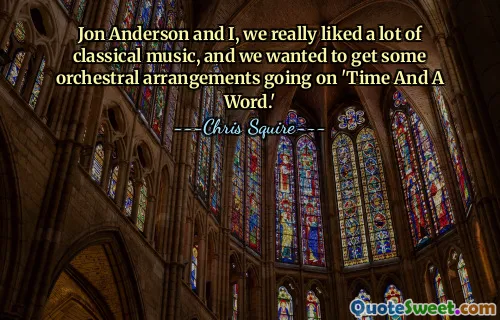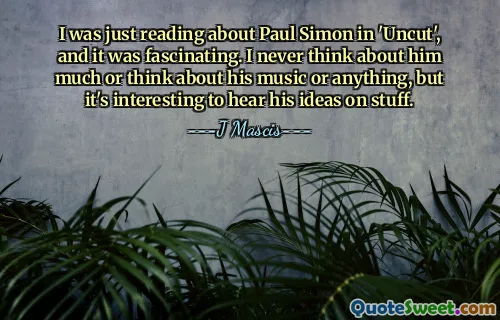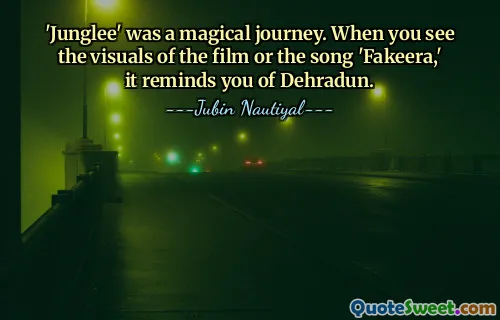Ruby said there were many songs that you could not say anybody in particular had made by himself. A song went around from fiddler to fiddler and each one added something and took something away so that in time the song became a different thing from what it had been, barely recognizable in either tune or lyric. But you could not say the song had been improved, for as was true of all human effort, there was never advancement. Everything added meant something lost, and about as often as not the thing lost was preferable to the thing gained, so that over time we'd be lucky if we just broke even. Any thought otherwise was empty pride.
Ruby reflects on the nature of songs, emphasizing that they are often collective creations rather than the sole work of a single individual. As songs are passed among fiddlers, each musician modifies them, resulting in a version that can be vastly different from the original. This transformation highlights how music evolves over time, but it raises questions about whether these changes truly enhance the song or detract from its original essence.
The essence of Ruby's insight speaks to the broader concept of human endeavor, suggesting that progress is not always linear. Each alteration brings both new elements and the loss of old ones, and often what is lost is more valuable than what is gained. This perspective challenges the notion of improvement over time, indicating that acknowledging our limitations is essential to understanding our creative processes.





